The group of 23 students fled Kabul, where they were studying at the American University of Afghanistan (AUAF), after the country returned to Taliban rule. They were among 110 AUAF students who evacuated to Iraqi Kurdistan to continue their studies at the American University.
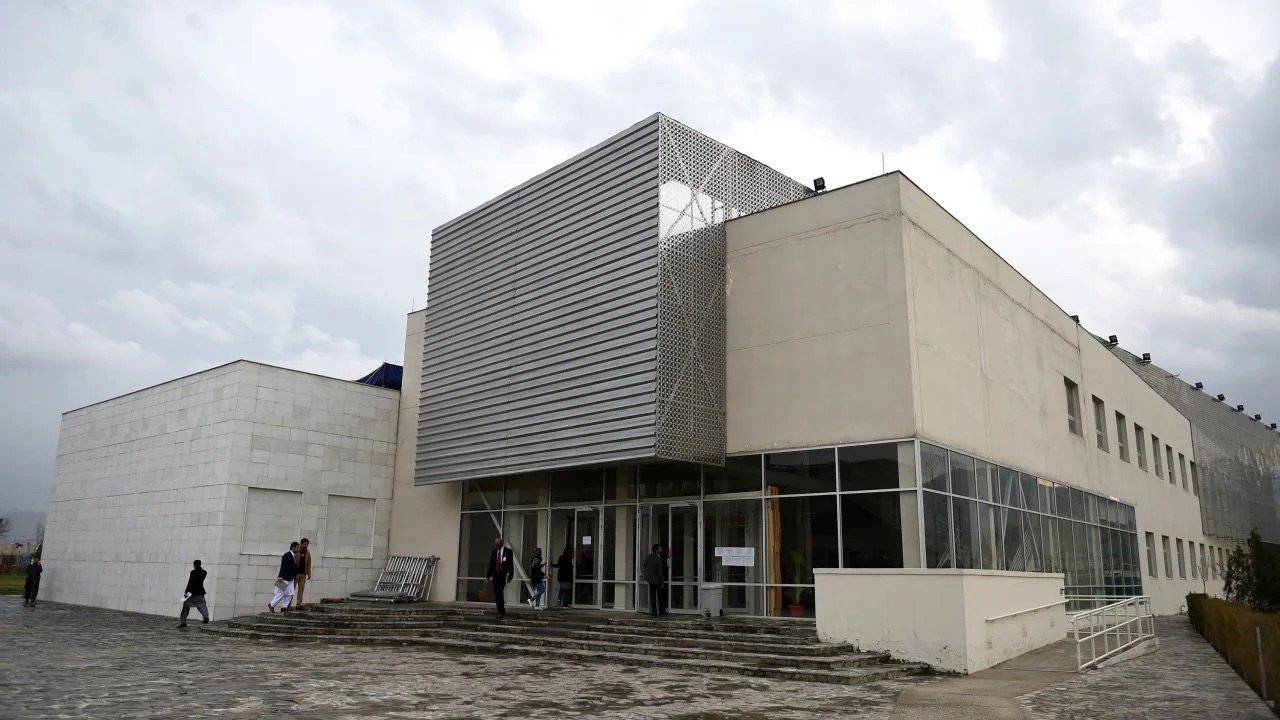
The American University of Afghanistan in Kabul on March 28, 2017. Photo: CNN
Now, 23 students are waiting to be approved to travel to the United States — where they have been accepted to universities and received scholarships through the Qatar Scholarship Project for Afghans.
“It’s been a year since I graduated. I’m still here waiting,” said one student in Iraq. “I’m so confused now,” said a second student, adding that they feared they would be left “in limbo.”
More than 100 Afghan students at the university were displaced after the Taliban takeover, including 80 who traveled from Iraq to the United States, where they are studying at more than 45 universities, according to sources.
Sources say most of the students came to the US as Priority 1 refugees — a program they qualified for because of their affiliation with AUAF.
However, 23 students remaining in Iraq have yet to receive P-1 approval. The students say it is unclear when they will be approved to come to the United States and they are worried about the continued delay affecting their future.
“I don’t want to waste another year of my life,” said one student. “I really want to learn. I worked so hard in Afghanistan to get the opportunity to come to AUAF,” said another.
“We Afghans have lost almost everything, and this scholarship in America is a huge opportunity for us,” said a third student.
Returning to Afghanistan is not an option for these students, especially female students. This is why they seek P-1 refugee status, which would give them a path to permanent residence in the United States after graduating from college.
The Taliban have imposed harsh restrictions on women and girls since returning to power two years ago. Girls and women have been banned from higher education and many fields of work.
Mai Anh (according to CNN)
Source




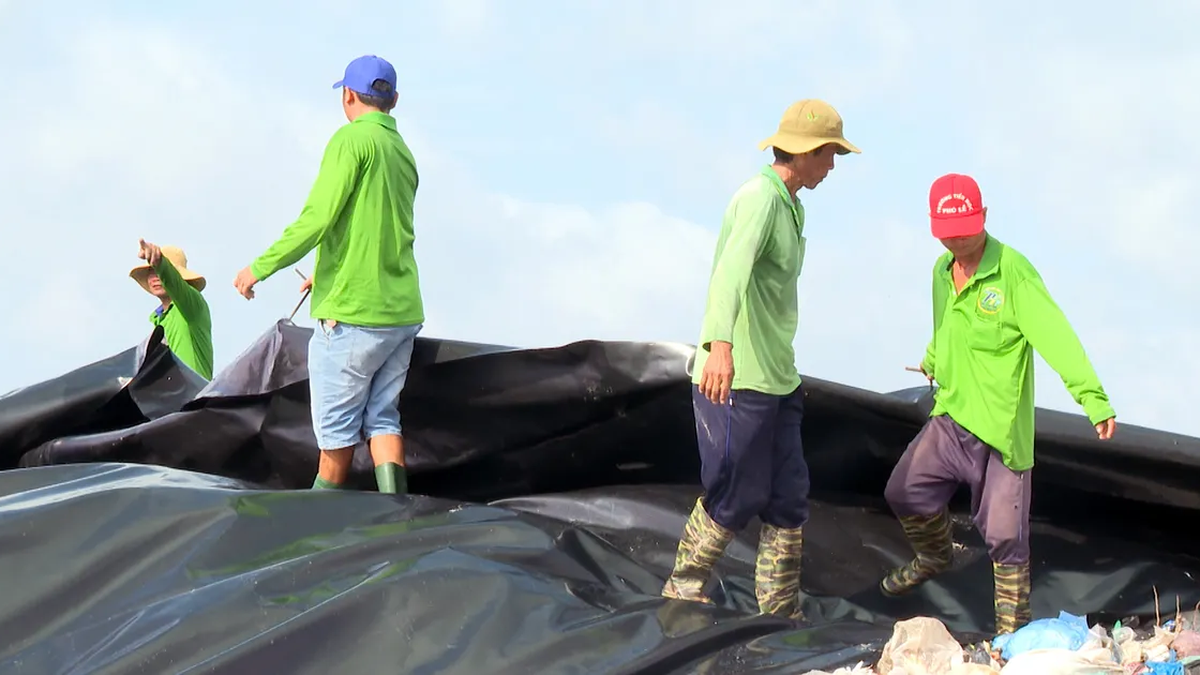

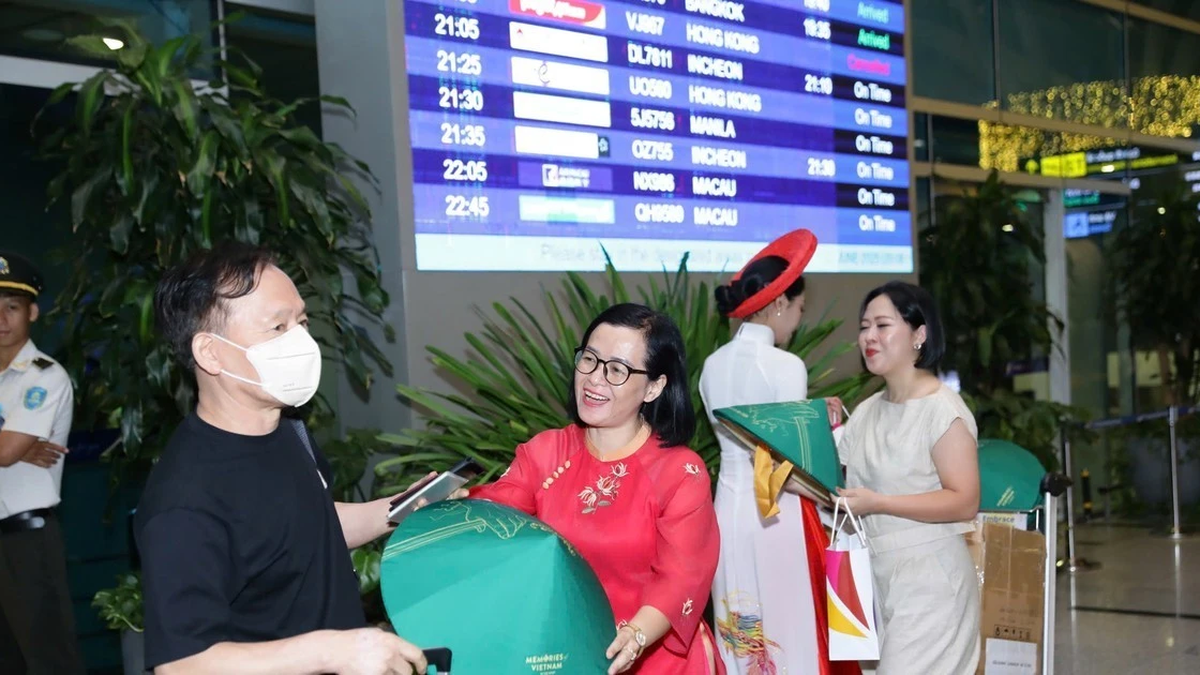
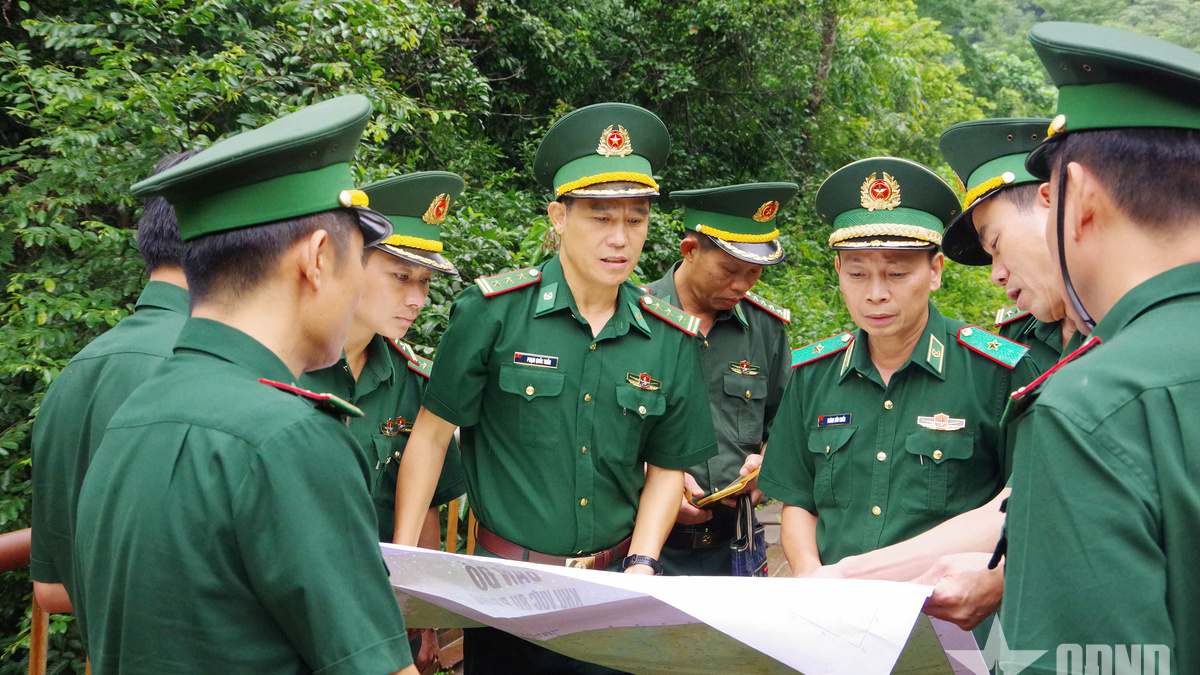
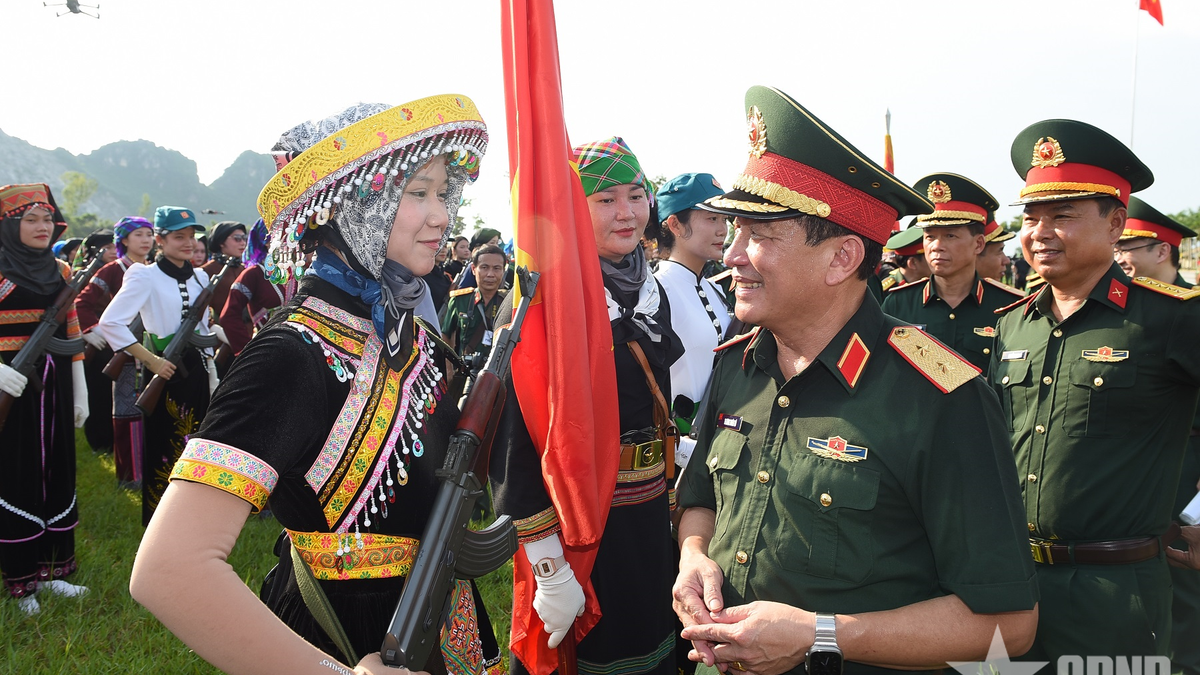















































![[Maritime News] Container shipping faces overcapacity that will last until 2028](https://vphoto.vietnam.vn/thumb/402x226/vietnam/resource/IMAGE/2025/7/30/6d35cbc6b0f643fd97f8aa2e9bc87aea)












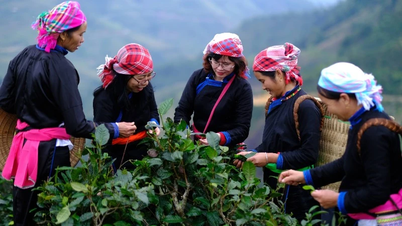
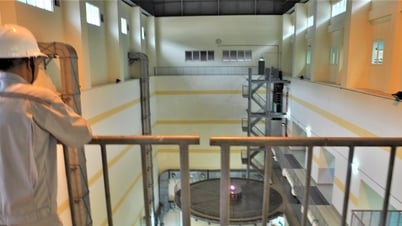







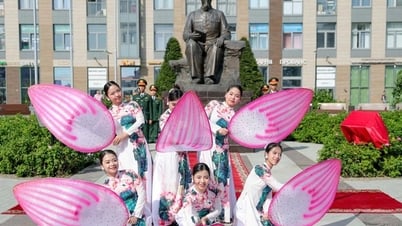



















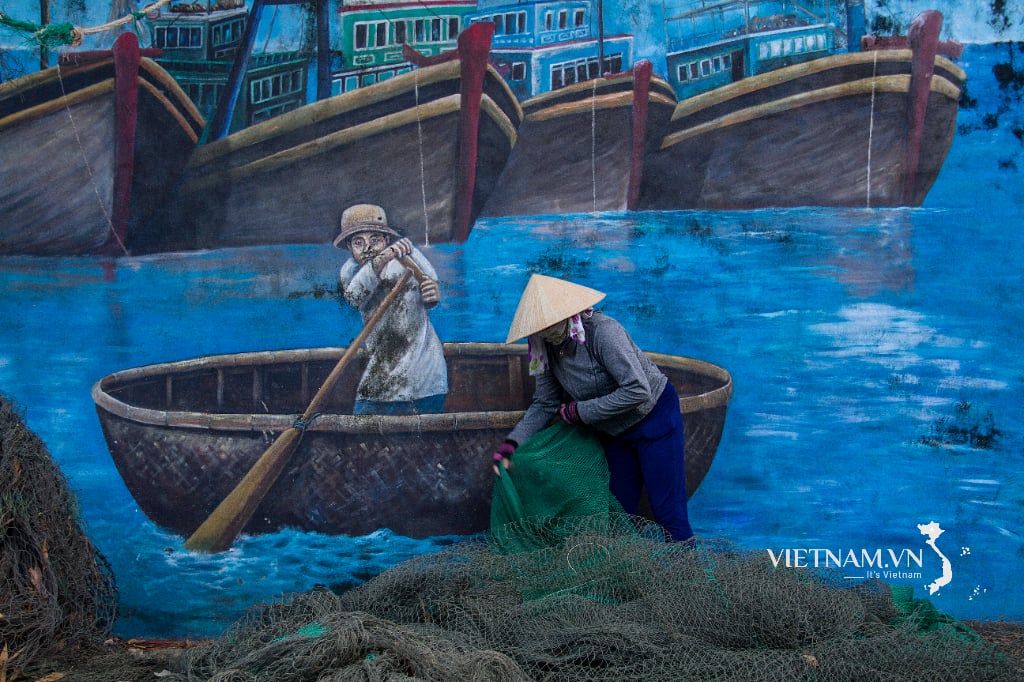


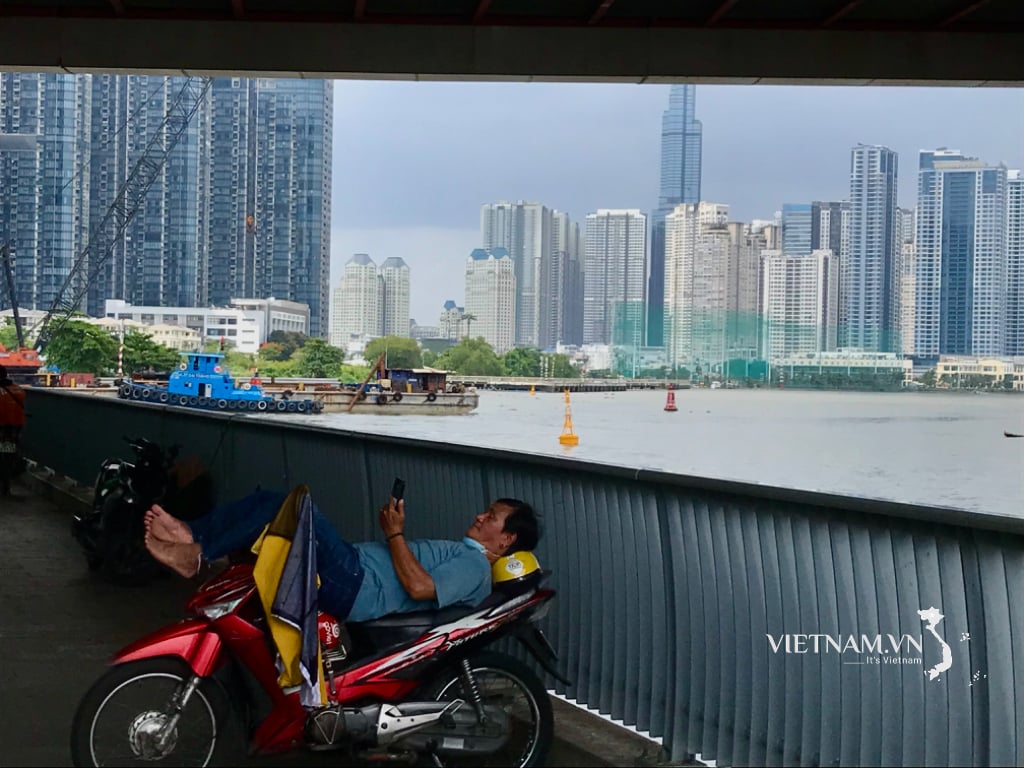
Comment (0)